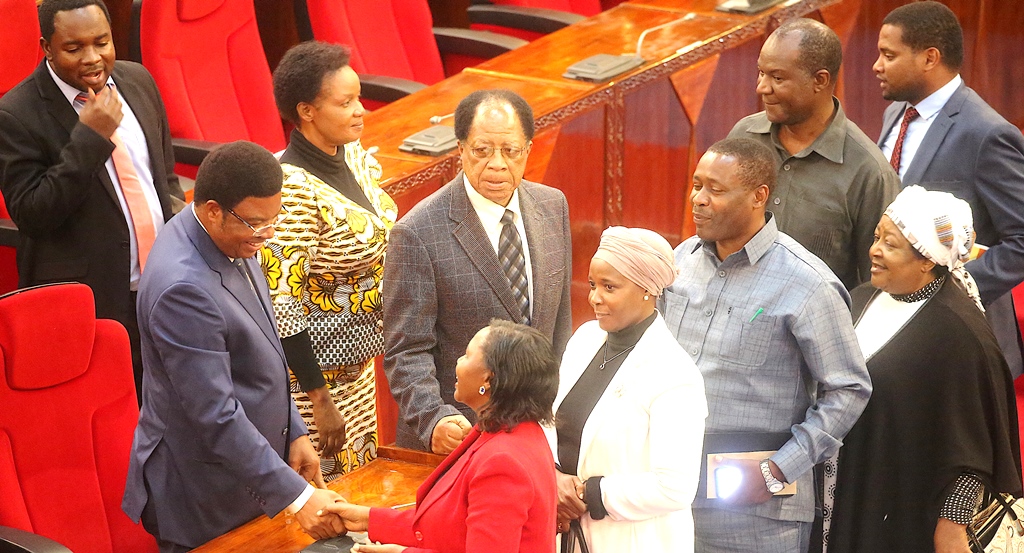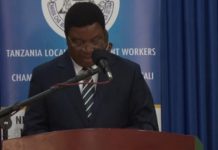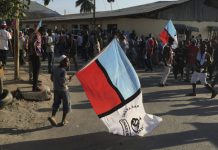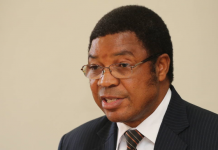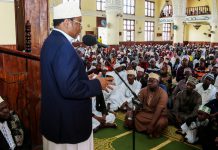PRIME Minister Kassim Majaliwa has summed up the government’s major achievements recorded so far, pointing out that up to February 2, this year, 31.4 million mobile telephone SIM cards out of 43.9million (71.6 per cent) had been registered biometrically.
He made the revelation on Friday, in a speech he delivered in the august House in Dodoma, while adjourning the 18th Parliamentary session until March 31.
Mr Majaliwa was updating legislators on the strides the Fifth Phase government had recorded during its administration so far.
He said the registration process was continuous, urging individuals who hadn’t registered their phone lines as well as those who were striving to get National Identification Authority (NIDA) cards to register the lines in pursuit of legal requirements, to avoid inconveniences of being cut off from communications.
He urged NIDA to broaden the services of ID number issuance, to enable many people to register their lines to facilitate various crucial services.
The premier said the National Electoral Commission (NEC) was continuing with the first phase of the exercise for improving the permanent voters’ register, noting that up to February 2, this year, NEC had completed registration of voters in 12 small zones out of 14 earmarked ones for the first phase.
He said they covered 22 regions – Arusha, Kilimanjaro, Manyara, Mara, Simiyu, Mwanza, Geita, Shinyanga, Kagera, Kigoma, Katavi, Rukwa, Tabora, Singida, Dodoma, Songwe, Mbeya, Iringa, Ruvuma, Njombe, Lindi, Mtwara, Tanga, Morogoro (Ulanga DC and Malinyi DC), as well as Tanzania Zanzibar.
Registered voters from the first small zone to the 12th were 18,058,977.
Plus, voters who had lost legitimacy and were disqualified were 14,894 (0.08 per cent) The premier said by December 2019, construction of the Dar es Salaam-Morogoro stretch ( 300 kilometres) of the Standard Gauge railway project had reached 70 per cent.
He said work on the Morogoro – Makutupora stretch (422 kilometres) was progressing well, adding that the government had restored the passenger and cargo train services between Dar es Salaam and Moshi.
Cited as evidence of the government’s successes, too was the Julius Nyerere Hydro Power Projects, as well as the Rural Electricity Agency, whereby by December 2019, 8,236 out of 12,268 villages in Tanzania Mainland had been connected to electricity, the equivalent of 67.1 per cent.
Mr Majaliwa said efforts to improve the aviation industry were ongoing, improving the Air Tanzania Company Limited being one of the focus areas; by December 2019, eight planes had been delivered and advance payments for three others had been made.
Terminal Three of the Julius Nyerere International Airport is another outstanding landmark, and improvements of Mwanza airport and the ones in other regions were underway, he said.
Mr Majaliwa also touched on road improvement projects, the network for major roads at tarmac level being 8,502 kilometres while those at regional level cover 1,756 kilometres.
The Ubungo inter-change project had reached 62 per cent by 2019, the PM further explained while the eight-lane Kimara-Kibaha stretch had clocked 63 per cent.
Mr Majaliwa furthermore cited impressive progress on various bridge projects, as well as construction of a new ship with the capacity of 1,200 passengers and 1,200 passengers in Lake Victoria.
Speaking on the effects brought about by the ongoing rains in various parts of the country that started last October, Prime Minister Majaliwa said several deaths have occurred with roads, railway infrastructure and 73 bridges being destroyed in 18 regions.
Giving examples, the Prime Minister said at different times, the operations on the central railway and the railway between Dar es Salaam and Moshi were suspended as a result of destruction of the infrastructures by the rains.
However, the premier asked the public to take precautionary measures, including vacating from all flood-prone areas and adhering to reports from the Tanzania Meteorological Agency (TMA).
On payments made to farmers after selling their crops the Prime Minister asked each farmer to open their bank accounts on time and refrain from the practices of using someone else’s account.
To ensure the nation continued to be self-food sufficient, the Prime Minister said the government would take further efforts to ensure food and cash crop production goes hand in hand with availability of markets in the country.
He said through Warehouse Receipt System the price of simsim and cocoa has increased.
Giving an example, the price of simsim per kilogramme increased from 1,000/- in 2017/ 2018 to 3,500/- in 2019 with a price of a kilogramme of cocoa increasing from 3,200/- in 2018/19 to 5,000/- in 2019/2020.
He said the government was closely monitoring reports on the desert locust outbreak in some areas in Eastern Africa to establish if there were any signs of the destructive insects with measures in place in case of outbreak.
As part of the measures to bring extension services close to farmers the Prime Minister said the government has continued transferring extension officers from district councils’ headquarters to the villages, wards and divisions.
According to Mr Majaliwa, until last December a total of 753 extension officers out of 1,120 had been relocated to the lower levels.
“I direct all councils to ensure all extension officers are transferred to the villages, wards and divisions,” the PM insisted.
Speaking on improvement of health services, the Prime Minister said until last month the government had built and improved infrastructures in 487 health centres.
He said such a figure included 320 health centres, 70 district hospitals, nine old hospitals and 88 dispensaries.
He said the government also built infrastructures for Njombe, Simiyu, Mara, Geita, Songwe, Katavi, SekouToure, Burigi – Chato, Mwananyamala referral hospitals and the infrastructures of zonal referral hospitals for the Southern zone(Mtwara), Southern highlands zone ( Mbeya), Kibong’oto and an Isolation Centre at Muhimbili National Hospital ( MNH).
The government also completed construction of a total of 320 houses for staff in the health sector, including spending a total of 334 bn/- in purchasing vaccines, reagents and other medical equipment.
A total of 311 specialist doctors are studying with government funding in various universities in and out of the country.
Between July and December last year the government dished out 325.9bn/- to finance various projects including digging water wells with another 128.1 bn/- spent in financing free education policy during the same period.


